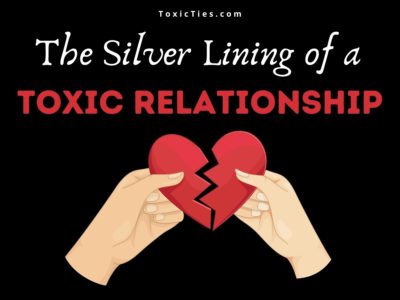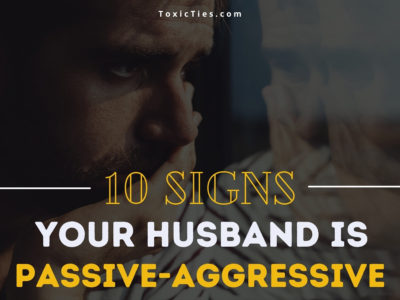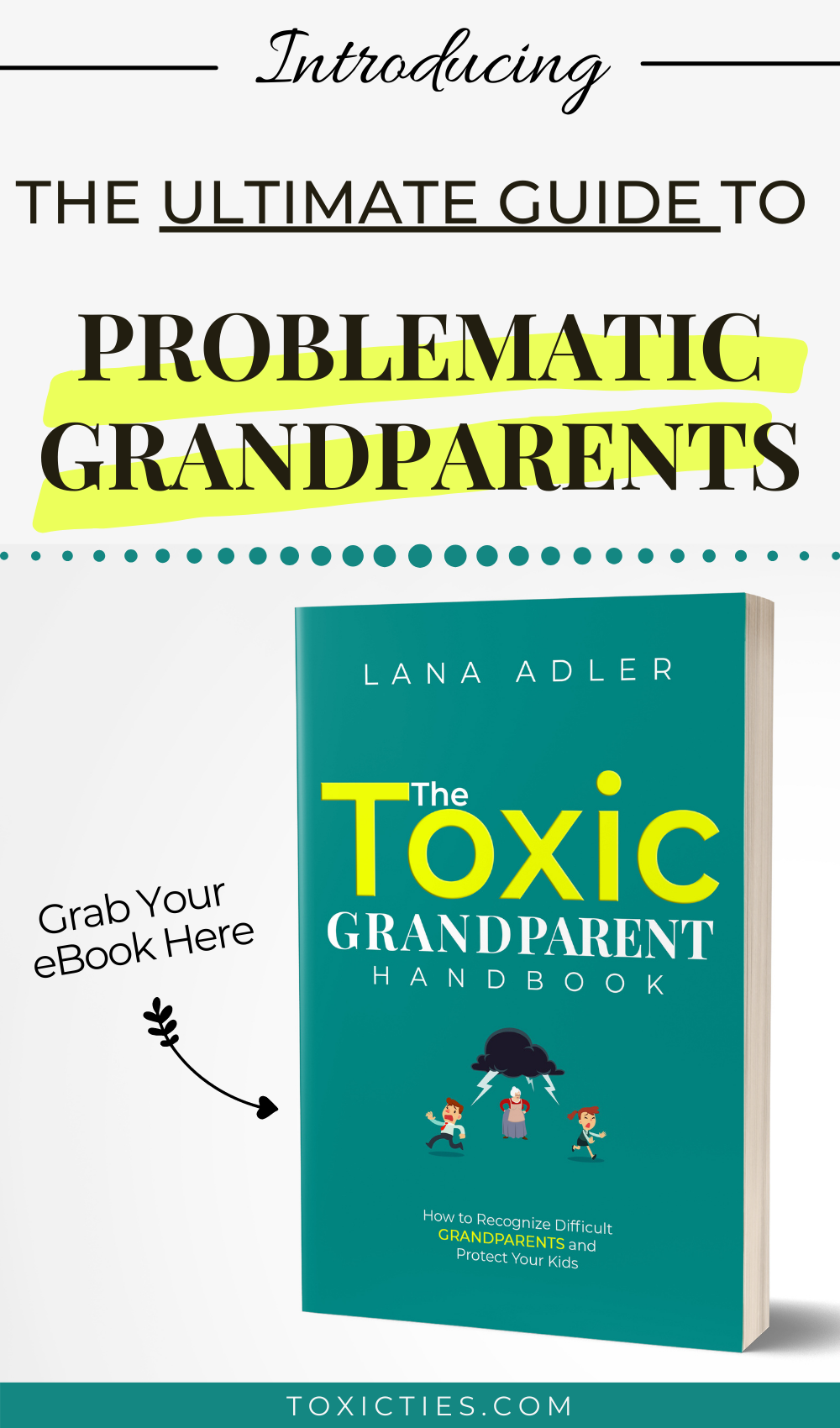Just like gaslighting in the family, gaslighting in an intimate relationship is disturbingly common.
It’s so common, in fact, that most people don’t realize when they’re being gaslit or when they’re the ones doing it.
That’s because gaslighting can be unconscious or unintentional.
But it can also be very deliberate. This is the nefarious scenario we’re going to be talking about in this article: gaslighting that’s intentional, vicious, and meant to erode the very foundation of your being — your ability to trust yourself.
What Does the Term “Gaslighting” Mean?
Gaslighting is a form of emotional abuse aimed at undermining another person’s perception, thus making them second-guess themselves and even question their sanity.
It’s a powerful manipulative technique often used in both individual and group settings.
In politics, gaslighting is part of the brainwashing and indoctrination tactics used by totalitarian regimes. It is also common in democracies, as a way to evade responsibility (“I did not have sex with that woman”).
Both men and women can be gaslighters. But because men are more reluctant to speak of the emotional abuse they’re subjected to, male gaslighters are more visible in our culture.

What is Gaslighting in an Intimate Relationship?
Gaslighting in a relationship is when an abusive partner warps the reality in their favor in order to destroy the victim’s confidence and attain control over his or her feelings, thoughts, and behavior.
People who’ve never experienced gaslighting in an intimate relationship may not understand how one would even get into a toxic relationship with such a person. Wouldn’t there be signs?
What they don’t realize is that gaslighters are very seductive and manipulative. They can fool even the most intelligent people with their charm, sophistication, and charisma.
Another thing most people don’t understand is that gaslighting starts out slow. It will be barely detectable in the beginning. But with time, the gaslighter will become more emboldened. Eventually, little exaggerations and distortions will become full-blown, brazen lies.
The relationship with a gaslighter, not unlike a relationship with a narcissist, starts out like a fairy tale. This is the phase known as “love bombing,” when the gaslighter showers the intended victim with affection, gifts, trips, fancy dinners, etc.
They talk about their future with you in it, how many kids you’re going to have together, growing old together, etc. It’ll probably be too early in the relationship, but you’ll find it endearing. Overall, they’ll give you a convincing performance of someone head-over-heels in love.
But what starts out as a fairy tale ends as a horror show.

Am I Being Gaslit?
If you’re wondering: “Am I being gaslit?” you probably are.
Maybe you’ve noticed that your partner always insists on a different version of events than what you remember. As a result, you feel unsure about even the most insignificant details, doubting your own actions and memory.
So you’re wondering: is it gaslighting? Or do we simply have different perceptions of reality? After all, no two people are alike. Even “objective” experiences are colored by our personal history, beliefs, and emotions.
What you must understand about gaslighters is that they are very selfish and self-serving. So if you’re not sure, look at all the times your partner has made you doubt your reality.
- Was there some sort of benefit to them?
- Did it put them in a positive light?
- Did it allow them to evade accountability?
If the answer is “yes,” this is gaslighting.
Also, look at your mental state.
- Did this relationship impair your self-esteem?
- Are you afraid to bring up issues for fear of being invalidated or ridiculed?
- Are you anxious and uncertain about making even the smallest decisions?
- Do you feel like you are always the one to blame?
- Do you feel stupid for always misinterpreting things?
Then there is a good chance that you are a victim of gaslighting.

Examples of Gaslighting in a Relationship
Examples of gaslighting in an intimate relationship are a legion. Here are some common scenarios you might relate to if you’re in a relationship with a gaslighter. (For simplicity, in this section of the article I will use the “he” pronoun, but remember that gaslighting is not gender-specific.)
- You confront him about the hurtful language he used in the previous argument, and he counters with: “I never said that.”
- He says he’ll do something, then he doesn’t do it. If you confront him, he’ll insist that he never agreed to do it.
- He always tries to present himself as “the good guy,” and you’re always “the bad guy”
- You catch him cheating and he says: “We never said we were exclusive.”
- He tries to convince you that you’re always misremembering, misunderstanding, and misinterpreting his words or actions.
- He plays the victim by saying that you’re always criticizing, nagging, and persecuting him.
- Whenever you accuse him of something, instead of addressing it, he turns the table on you. For example, if you suspect your partner is cheating, he’ll say: “Actually, I’ve had the same suspicions about you. Have you been cheating?!”
Here are some examples of the gaslighting language.
- I never said that.
- You always exaggerate.
- You must have imagined that.
- You’re crazy.
- That never happened.
- Don’t be so dramatic.
- It’s not a big deal.
- You’re too sensitive.
- I was just kidding.
- Don’t take things so personally.
- Everyone thinks you’re […] (making you feel like people are siding with the gaslighter)
- You said […] (when you never said that)
- I only did that because […] (making you feel like what they did was your fault)

How to Stop Gaslighting in a Relationship
What’s the best way to handle gaslighting?
Again, it depends on what you’re dealing with. Occasional or unintentional gaslighting can occur even in loving relationships. When we get upset or defensive, we can all act in irrational, passive-aggressive, or even destructive ways.
Another possible explanation is that your partner grew up in an abusive family and he or she internalized some dysfunctional communication behaviors. Gaslighting or denial is their go-to when they feel attacked.
It doesn’t mean it’s OK though. This unhealthy relationship pattern should still be addressed when everyone is calm.
When talking to your partner about their gaslighting, do it in a non-confrontational manner, without placing blame or guilt-tripping.
Remember: you’re on the same side. This isn’t about who’s right or wrong. You just want to improve your communication and increase awareness of unhelpful behaviors.
But if you’re dealing with someone who’s consistently manipulative with gaslighting and other emotionally abusive tactics, it’s a whole other story.
The only way to stop gaslighting in that relationship is to end it.
The relationship with a gaslighter will not get better. It will follow the rollercoaster pattern of a typical abusive relationship. You will oscillate between glimmers of hope when you’re “up” and utter despair and isolation when you’re “down.”
The longer you stay in a relationship with a gaslighter, the more anxious, depressed, and confused you will feel.
Still, leaving that relationship won’t be easy. Like any trauma bond relationship, it has an addictive quality that keeps people tethered to abusive partners despite the pain and misery they so clearly suffer.
Gaslighters are good at making people feel dependent on them. So leaving a gaslighter may be the hardest thing you’ll ever have to do. But it’s your only way out.
When you end a relationship with a gaslighter
- lean on the support of friends or family to get through this challenging time
- find a professional counselor to help you restore your self-concept and self-esteem
- cut off all contact with the gaslighter and block them on social media
- give yourself plenty of time to heal and recover
- practice self-compassion and self-acceptance. It wasn’t your fault!
Remember that you don’t owe the gaslighter anything, including an explanation of why you want to end the relationship.
Don’t wait for another incident of abuse.
And don’t trust their promises that things will change. They rarely do.

References
Dorpat, T. (1996). Gaslighting, the Double Whammy, Interrogation and Other Methods of Covert Control in Psychotherapy and Analysis. Jason Aronson, Inc.
Sarkis, S. (2018). Gaslighting: Recognize Manipulative and Emotionally Abusive People — and Break Free. Da Capo Lifelong Books.
Stern, R. (2018). The Gaslight Effect: How to Spot and Survive the Hidden Manipulation Others Use to Control Your Life. Harmony.
READ NEXT
10 Things You Do That Are Killing Your Relationship








I’m not sure where I am supposed to ask for a consultation, but I have no data on my phone so…
Since this page actually loaded, it looks like I’m going with this one.
Hello Stephen,
you can find the consultation page in the main menu or on the homepage. It’s toxicties.com/consultation
I’ve checked and the page is working and loading.
Sincerely,
Lana